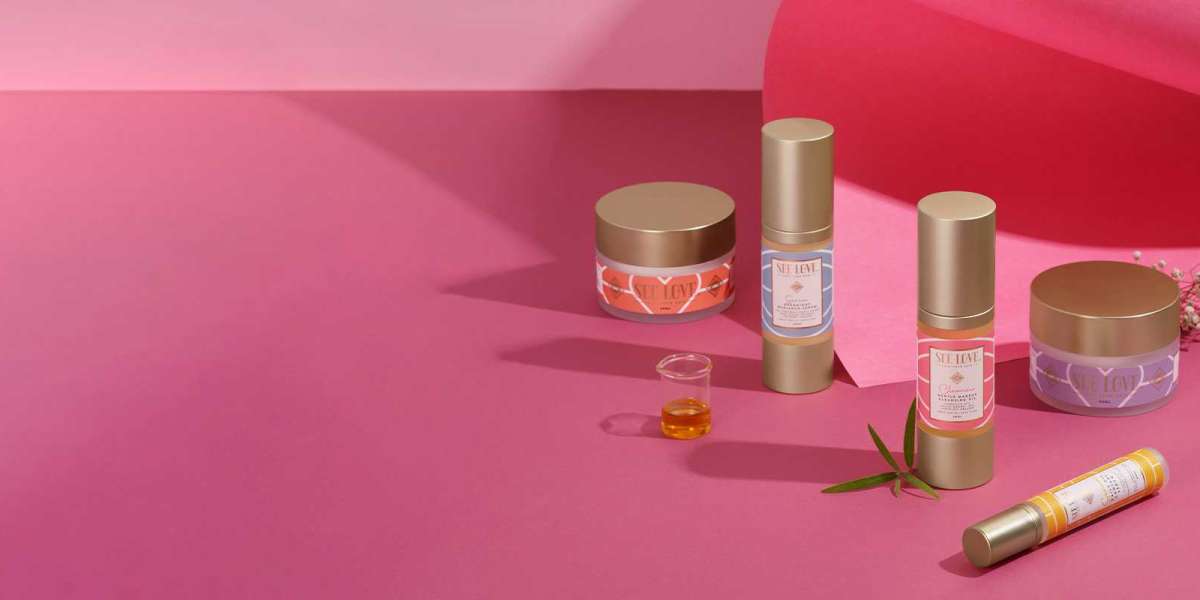Using a moisturizer no matter what your skin type is always beneficial, but the type of moisturizer you need to use depends on your skin. Use reliable brands like Seelove products at all times, just in case.
Since a simple moisturizer supports healthy skin, it should be a part of every skincare regimen. Include moisturizing cream in your routine for the following benefits:
- Hydration: When the skin is exposed to the sun, dirt, and airborne contaminants, it dries out. By replacing the moisture lost by the skin, a hydration cream improves hydration and softens it. Additionally, redness, flakiness, and dry spots can be treated using moisturizer.
- Protection from the sun: SPF hydration cream (like SPF 30 sunscreen) offers sun protection. By halting transepidermal water loss, the moisturizer also assists the skin in retaining its natural moisture (TEWL).
- Brightening: Moisturizers with vitamin C have brightening properties that can help even out skin tone and get rid of dark spots. Retinol or retinoid-containing moisturizers may potentially provide anti-aging effects.
Face moisturizers are required for various skin types and are available in a range of textures and densities. The best face moisturizer for you will be determined by a doctor. Let's take a closer look at a handful of these types of skin and the advised or optimal moisturizer to use for them.
- Oily skin: An oil-free, water-based moisturizer, such as a gel moisturizer that has no oil, is best for oily skin. With rejuvenators added for additional advantages, gel moisturizers are mostly humectant-based. For skin that is prone to acne, these non-greasy, light moisturizers are perfect.
- Dry skin: Because of its thickness, a hydration cream is the best moisturizer for dry skin because it will feel heavier on the skin and take longer to dry. Humectants, which draw in moisture, are combined with oil compounds, which keep moisture, in a moisturizing cream.
You can apply any moisturizer to skin that is normal or mixed. You might wish to use a thicker, cream moisturizer if your skin is normal but dry. A gel or gel cream/water cream might be the best choice if your skin is normal yet greasy.
Look for fragrance-free, paraben-free, and irritant-free simple moisturizers if you have sensitive skin.
Moisturizers primarily come in three different categories.
Based on the needs and qualities of the skin, moisturizers are divided into three classes. The three types of moisturizers described below often combine their components to offer a variety of benefits in a single item:
- Emollients: are compounds that include lipids (fatty acids), such as ceramides, cocoa butter, collagen, dimethicone, lanolin, mineral oil, shea butter, or jojoba oil. By filling up cracks, these chemicals improve the texture and look of the skin. Emollients with anti-aging properties, such collagen, help lessen the look of wrinkles and fine lines. Ceramides are another type of emollient that can help with the healing of eczema.
- Humectants: Hyaluronic acid, glycerin, lactic acid, alpha hydroxy acids (AHA), and urea are examples of humectants. They rejuvenate the skin by absorbing moisture from the air and transporting it to the epidermis and stratum corneum, which are the outermost layers of the skin.
- Occlusives: Oil ingredients like beeswax, petrolatum, silicones, and petroleum jelly create a barrier over the skin to keep moisture in while also acting as a protective seal.
Therefore, it is safe to conclude that the type of moisturizer you use will affect the effects of moisturizer on the different types of skin.








